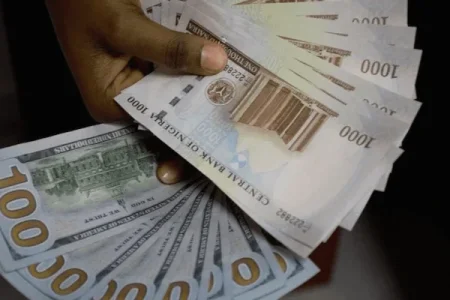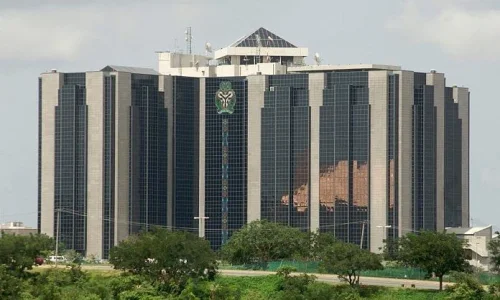
Explore Nigeria's economic landscape: the naira holds steady at N1500 against the dollar amid high inflation, while the CBN implements measures to stabilize the FX market. A $2.25 billion World Bank loan aims to bolster economic resilience, impacting currency dynamics in the global market context.
The Nigerian naira remained stable within the N1500 range against the US dollar in the parallel market, despite the US dollar index climbing above 105 points. This stability comes amidst Nigeria's persistently high inflation rates, despite efforts from the Central Bank of Nigeria (CBN) to adopt a more restrictive monetary policy. Over the past year, the naira has depreciated significantly, losing more than two-thirds of its value.
Despite these pressures, the CBN's interventions, including the establishment of a $2.9 billion special account to stabilize the foreign exchange market, have provided some support. Additionally, Nigeria secured a $2.25 billion World Bank loan aimed at bolstering economic stability and assisting vulnerable populations, which is expected to enhance dollar liquidity and alleviate pressure on the weakening naira.
Meanwhile, global markets saw the US dollar index strengthening due to anticipation surrounding US retail sales data and Federal Reserve policy comments. The euro stabilized after recent political volatility, while market attention remained focused on geopolitical developments influencing currency movements.
Overall, while Nigeria grapples with inflationary pressures and currency challenges, strategic interventions and external financial support are pivotal in navigating its economic landscape.




